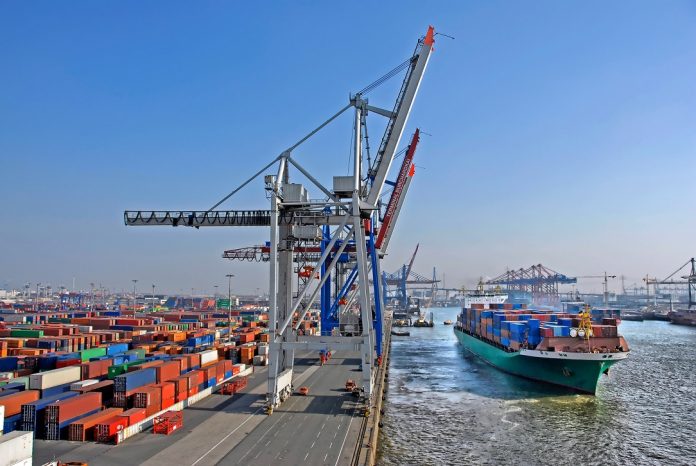Malcolm Hynd, External Affairs Manager, UKAS, considers how accreditation will assume greater significance for trade after the UK withdraws from the EU
In today’s global marketplace, having confidence in the quality of goods and services is a vital component of international trade. This is especially pertinent given the uncertain economic and political outlook following the UK’s decision to leave the EU.
Accreditation is a tool for ensuring the competence of organisations to carry out one or more specified assessment tasks. Its raison d’etre is to provide confidence for consumers, purchasers and regulators in the goods and services they use. The United Kingdom Accreditation Service (UKAS) is the Government appointed National Accreditation Body for the UK. Its role is to check that organisations providing conformity assessment services such as certification, testing, inspection and calibration services, are meeting a required international standard of performance.
Maintaining standards
There are hundreds of standards and disciplines that can be underpinned by accreditation, with perhaps certification being the most relevant to business operation. The most commonly used are ISO 9001 for Quality Management Systems and the Environmental Management Systems standard ISO 14001. There are many other aspects of business life that can be certified, including Products, Personnel, Information Security, IT Services and Occupational Health & Safety.
Companies big and small use independent conformity assessment services either through choice (e.g. to reduce the risk of product failure) or as a consequence of legal requirements (e.g. health and safety regulations). Beyond satisfying the legal requirements in certain industry sectors, accreditation also offers market differentiation and shows credible evidence of best practice.
Lowering barriers to trade
Accreditation is a global activity that delivers certainty in uncertain times, creating trust on a world platform. Navigating different national regulatory regimes can be a stumbling block for UK companies, especially when dealing with testing and inspection requirements. From the outset we have been instrumental in the adoption of mutual recognition agreements that provide for the international acceptance of certificates issued by UKAS and accredited organisations in over 90 different economies.
This “accredited once accepted everywhere” approach avoids unnecessary duplication of conformity assessment, saving an organisation time and money, thus making a major contribution to UK trade. It also helps to develop international trade by facilitating the acceptance of goods and services across national borders and lowering technical barriers to trade.
Post Brexit trade
Despite the result of the EU referendum, UKAS does not expect its international the status and the status of certificates issued by accredited organisations to change in the foreseeable future. Whilst the situation following the UK’s exit from the EU will depend on the terms of any agreements negotiated, we expect the international recognition of our certificates to continue through our membership of the European co-operation of Accreditation, the International Laboratory Accreditation Co-operation and the International Accreditation Forum. Indeed, given the new trade agreements needed, accreditation is likely to assume even greater importance as we move forward to a post-Brexit world.
Malcolm Hynd
External Affairs Manager
UKAS
communications@ukas.com











